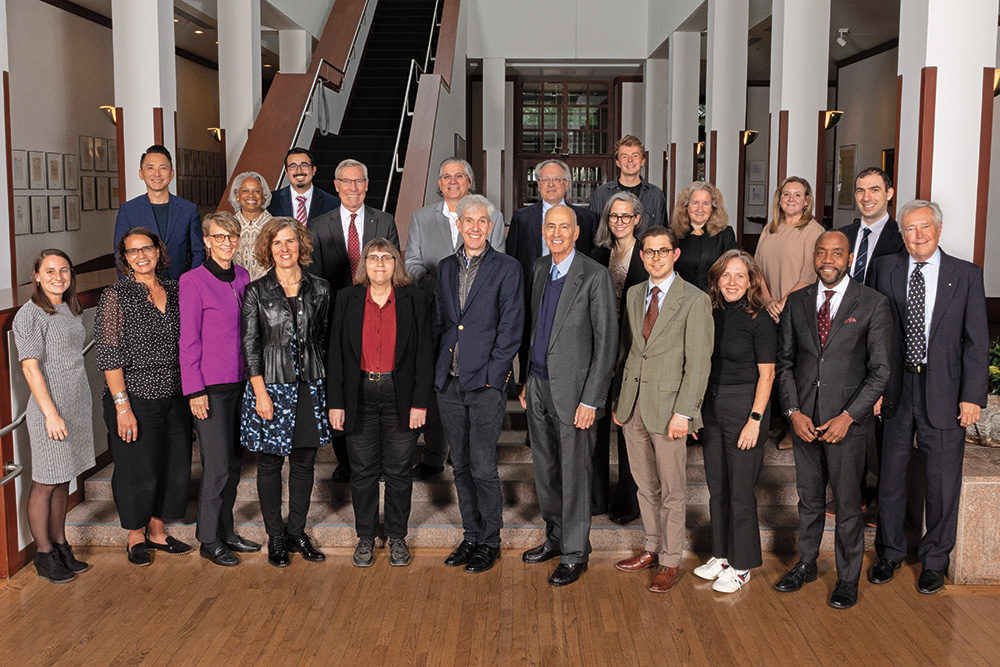Conclusion
While the last few decades have been a period of innovation and growth for the United States, many people have not sufficiently benefited from these economic advances. Our analysis of how Americans are doing—rather than how the economy is doing—explains why many Americans feel it is harder than ever just to get by, not to mention get ahead. They sense that opportunities have not been opened to them or others like them. They feel burdened by the weight of historical and racial inequities. And they believe their communities have not been given a fair chance of thriving in the current economic and social climate. The real barriers and the perceived skews of economic possibilities have had profound effects at all levels of American life: on civic cohesion, family stability, educational ambition and attainment, even life span. Skewed economic opportunity may not be the only cause of political polarization and extremism. However, a widespread sense of being left out or ignored intensifies the tensions that always exist in diverse societies in times of rapid change.
Throughout American history, economic growth and opportunity have rested on individual and collective effort, within an agreed-on set of rules. The fairness and effect of those rules, and the stories Americans tell themselves about economic opportunity, have been eternal areas of debate in public life. On the basis of our listening sessions, our deliberations, and guidance from business, civic, technology, labor, and academic leaders around the country, we contend that a reimagined set of rules, aims, and expectations for the American economy could create more benefits for everyone, and markedly more opportunity for those who feel most acutely left out.
Our vision of a reimagined American political economy is one that puts people first. The nation needs to ensure all Americans are able to attain economic security and opportunity. That should be the primary mandate of the nation’s financial and political institutions. By fulfilling this mandate, these institutions can foster faith that our democratic and economic systems are fair, a belief that will strengthen those institutions and help them provide even greater security and opportunity. It is unreasonable to ask Americans to have faith in institutions when they believe that those institutions treat them unfairly, and it should come as little surprise that a deficit of economic well-being has helped translate into a weakened democracy and fractured civic culture.
The recommendations in this report are actionable and achievable. And action cannot be delayed. Every day, there are Americans who are struggling to get by. Our proposals would help them. Many people are also gradually losing faith that things will get better. One of the nation’s greatest strengths is the optimism of its people. It remains vital to preserve this optimism, to nurture it, and to see it grow. For the country and its economy to improve, the American people must believe that a better future is possible. They should have a real sense of how they can better their own lives and the lives of their communities.
To make all this possible, the rules, values, metrics, and norms of the political economy need to be reimagined. In this report, we offer a blueprint for bold choices that, together, can bring about truly transformative results. Our Commission has done its work with the confidence that reimagining our economy will ensure that Americans are better able to trust their institutions and one another. Our overarching purpose is to improve these systems, so that they have a strong, central focus on the American people and their well-being.
